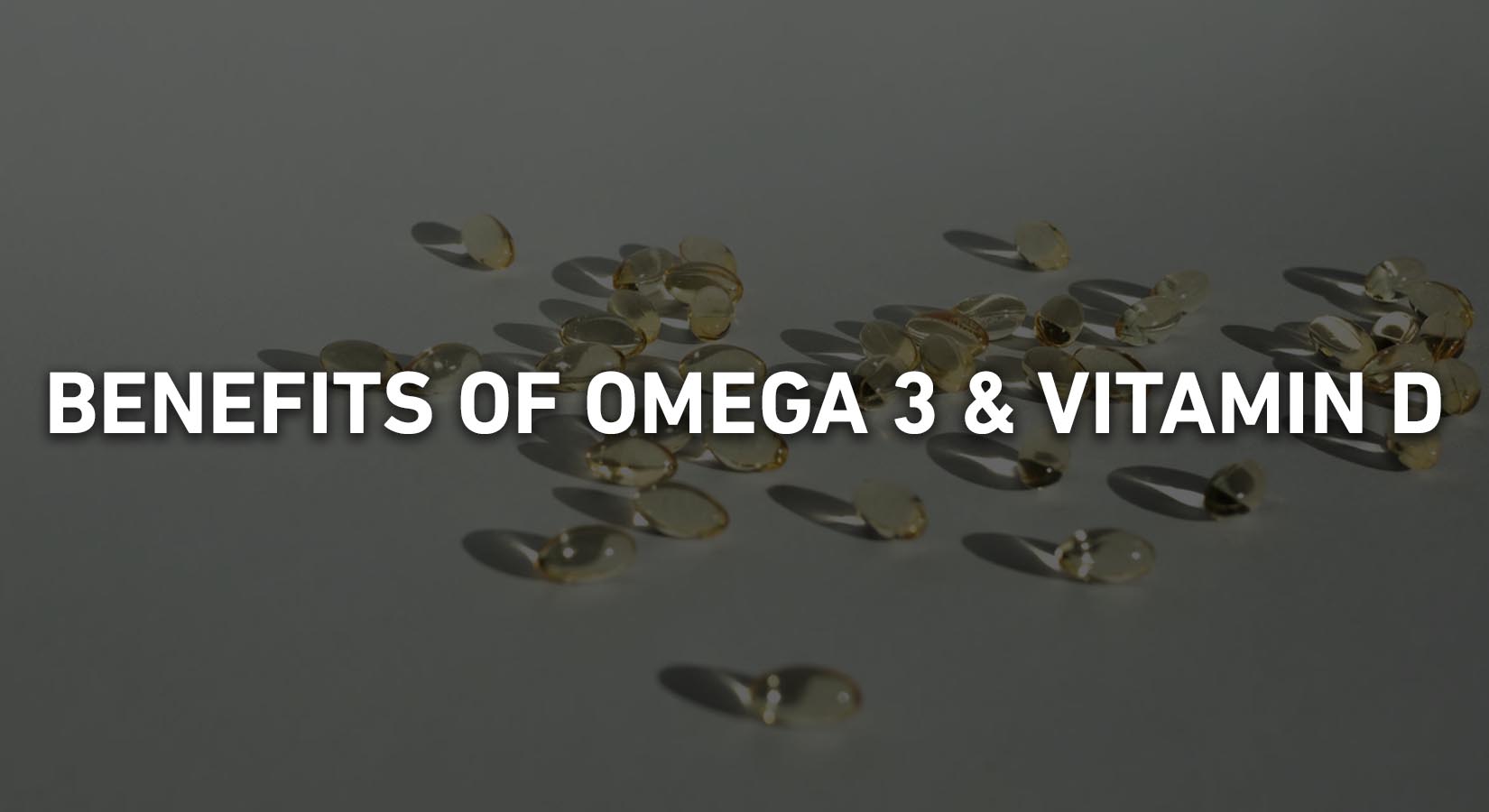
What are the benefits of Omega 3 and Vitamin D for Endurance Athletes?
Endurance athletes are constantly on the search of optimal performance and how they can train effectively whether they will be out there racing, attempting a FKT or smashing a personal best.
But to make it possible, athletes face many challenges trying to achieve a good balance between keeping up with a non-stop lifestyle (often involving high stress factors), eating healthy and recovering properly.
When it comes to recovery, nutrition and rest are no doubt key.
Nutrition promotes muscle regeneration, glycogen restoration, reduces fatigue, and supports the immune system, which helps the athlete get ready for the next competition or training session.
Endurance athletes face a variety of nutritional challenges, especially during a competitive season. Emerging evidence suggests that Vitamin D, Omega-3 polyunsaturated fatty acids, among other supplements and antioxidants, are packed with beneficial micronutrients that helps to promote recovery.
Fight inflammation
Omega-3 polyunsaturated fatty acids are consumed in the diet and concentrated in foods such as cold-water fatty fish and fish oils. Fish oil and, in particular, eicosapentaenoic acid (EPA) and docosahexaenoic acid (DHA), supplements have been studied for many years due to their positive effects on brain and cardiovascular health, as well recovery from injury. If you are vegan or vegetarian, an alternative for getting your omega-3s on is the Alpha-linolenic acid (ALA), that comes from vegetable oils, nuts, flaxseeds and flaxseed oil, and leafy vegetables.
The omega-3s when metabolised, produces a cell signalling molecule called ‘specialised pro-resolving mediators’, or simply SPMs. SPMs are a family of potent lipid mediators derived from EPA and DHA, and their most important function is to produce anti-inflammatory responses and so promotes resolution of inflammation back to a non-inflammatory state.
Muscle repair
One important aspect of recovery following intense exercise, is the repair of damaged muscle tissue.
While many factors may influence the repair process, some research data indicates that treatment with vitamin D plays a role in muscle regeneration, supporting muscle repair and recovery, and could also decrease the risk of stress fractures.
Among other properties of omega-3 fatty acids, research has shown that they can improve muscle soreness and other impairments in muscle function associated with exercise (DOMS), as well help to promote tissue repair by enhancing collagen II levels in cartilage and joints.
Support immune function and reduce oxidative stress
More than ever, to boost our immunity it’s been on the top of our priority list. The human body has many biochemical pathways and mechanisms we have yet to fully understand, but thankfully research is here to help uncover it all.
Epidemiological studies have reported vitamin D insufficiency to be linked with immune disorders. Vitamin D is also known as the ‘sunshine vitamin’ but obtaining it from the diet or supplements may be important to maintain appropriate status, especially if you live on the north side of the globe.
Omega 3 fatty acids have also received considerable attention in the context of nutritional support of immune function, and there is also evidence that its SPM molecules help reduce oxidative stress.
Will they make my recovery faster?
Although many supplements and strategies have great potential to support recovery and performance, it’s important that the athlete must adopt a balanced diet which should be adequate in protein, carbohydrates, fat, and micronutrients. Without this foundation, the additional benefits of even effective supplements will be quite limited.
Follow Michele on Twitter, Instagram and @triforhealth

